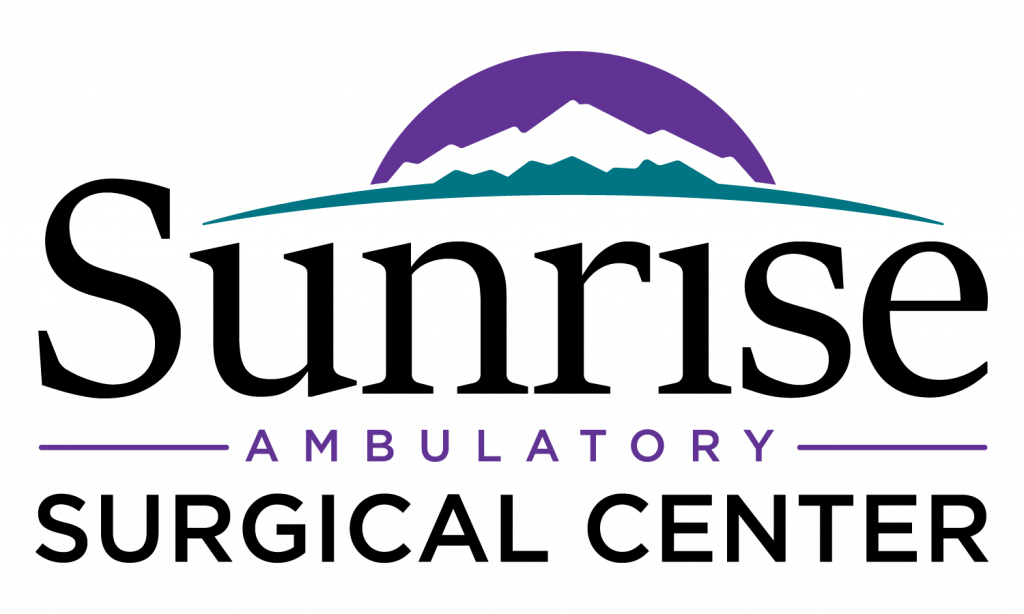Herniated disc/Pinched nerve
The bones that make up the spine are cushioned by small, spongy discs. When these discs are healthy, they act as shock absorbers for the spine and keep the spine flexible. But when a disc is damaged, it may bulge or break open. This is called a herniated disc. It also may be called a slipped or ruptured disc.
You can have a herniated disc in any part of your spine, but most herniated discs affect the lower back (lumbar spine). Some happen in the neck (cervical spine) and, more rarely, in the upper back (thoracic spine).
Warning Signs & Symptoms
When a herniated disc presses on nerve roots, it can cause pain, numbness and weakness in the area of the body where the nerve travels. A herniated disc in the lower back can cause pain and numbness in the buttock and down the leg. This is called sciatica. Sciatica is the most common symptom of a herniated disc in the low back.
If you have weakness or numbness in one or both legs along with loss of bladder or bowel control, seek medical care right away. This could be a sign of a rare but serious problem called cauda equina syndrome.
Possible Risk Factors
A herniated disc may be caused by:
- Wear on the disc. As you age, your discs dry out and aren’t as flexible.
- Injury to the spine. This may cause tiny tears or cracks in the hard outer layer of the disc. When this happens, the thick gel inside the disc can be forced out through the tears or cracks in the outer layer of the disc. This causes the disc to bulge or break open.
Tests to Diagnose a Herniated Disc or Pinched Nerve
Your doctor may diagnose a herniated disc by asking questions about your symptoms and examining you. If your symptoms point to a herniated disc, you may not need further tests.
Sometimes a doctor will do tests, such as an MRI or a CT scan, to confirm a herniated disc or rule out other health problems.
Treatment Options
Symptoms from a herniated disc usually get better in a few weeks or months. To help you recover:
- Rest if you have severe pain. Otherwise, stay active. Staying in bed for more than 1 or 2 days can weaken your muscles and make the problem worse. Walking and other light activity may help.
- Try using a heating pad on a low or medium setting for 15 to 20 minutes every 2 or 3 hours. Try a warm shower in place of one session with the heating pad. You also can buy single-use heat wraps that last up to 8 hours, or try an ice pack for 10 to 15 minutes every 2 to 3 hours.
- Ask your doctor about medicine to treat your symptoms. Medicine won’t cure a herniated disc, but it may help with pain and swelling.
Usually a herniated disc will heal on its own over time. Be patient, and keep following your treatment plan. Even if your pain does not go away entirely, you should see signs of improvement. After 4 to 6 weeks, if your progress slows or you have had no improvement, you should contact your doctor.
Prevention
After you have hurt your back, you are more likely to have back problems in the future. To help keep your back healthy:
- Do any exercises that your doctor or physical therapist suggests. These will help keep your back muscles strong and prevent another injury.
- Protect your back when you lift. For example, lift with your legs, not your back. Don’t bend forward at the waist when you lift. Bend your knees, and squat.
- Use good posture. When you stand or walk, keep your shoulders back and down, your chin back, and your belly in. This will help support your lower back.
- Get regular exercise.
- Stay at a healthy weight. This may reduce the load on your lower back.
- Don’t smoke. Smoking increases the risk of a disc injury.
